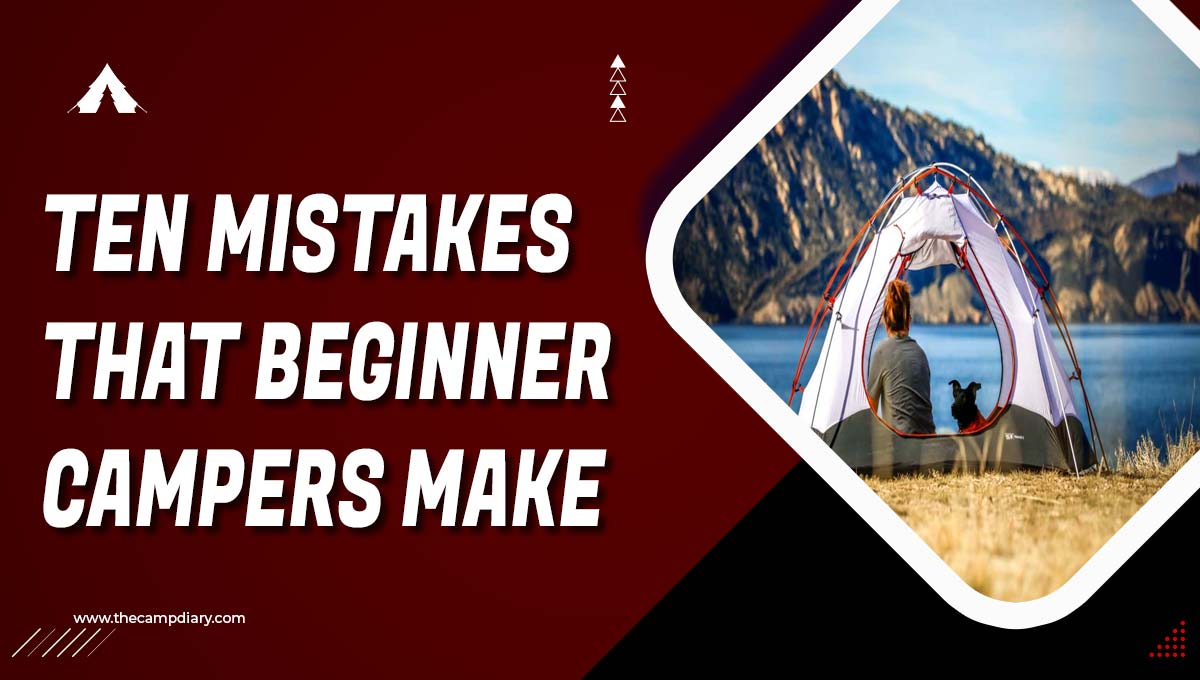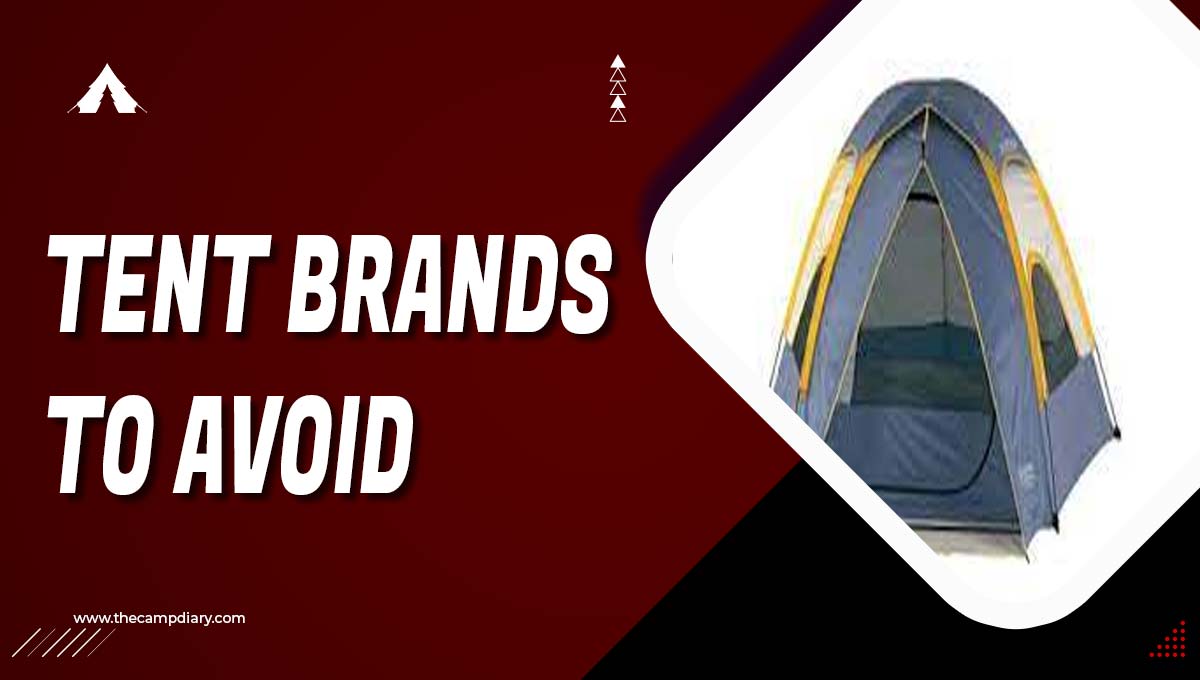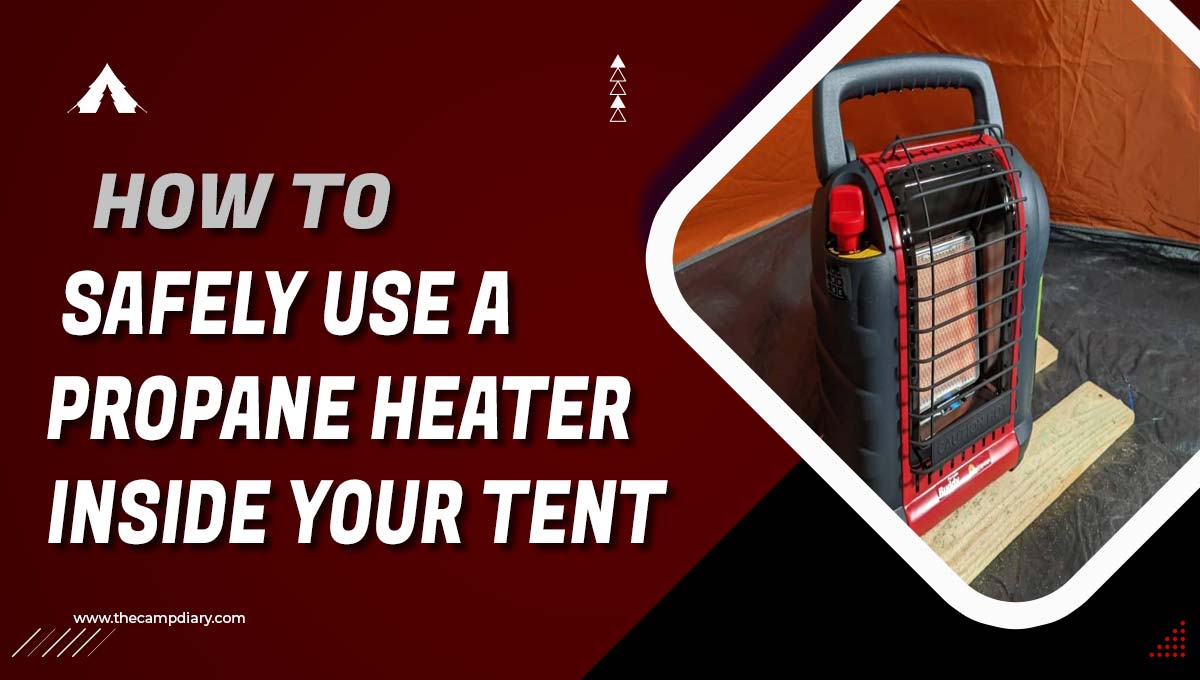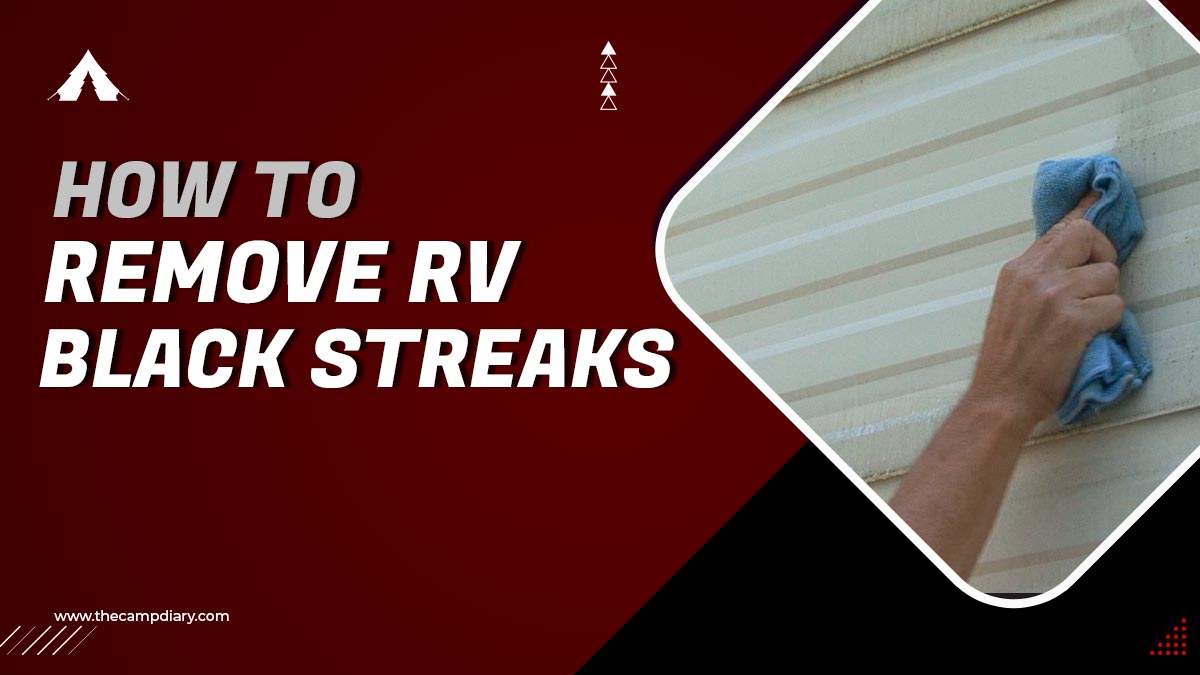If you’re new to camping, you may be making some mistakes that are preventing you from having the best experience. Read on for ten mistakes that beginner campers make, and how to avoid them. With a bit of knowledge and preparation, you’ll be well on your way to enjoying a fantastic camping trip!
1. Not planning ahead
One of the biggest mistakes that beginner campers make is not planning ahead. Camping can be a lot of fun, but it’s also important to remember that it’s not a spontaneous activity. You need to take the time to research your destination, find out what supplies you’ll need, and make sure you have a plan for getting there and back.
2. Not packing enough food
Another mistake that beginner campers make is not packing enough food. When you’re camping, you’ll be spending a lot of time outdoors and away from civilization. This means that you’ll need to bring enough food to last you for the duration of your trip.
3. Not packing the right clothing
Beginner campers also make the mistake of not packing the right clothing. Remember, you’ll be spending a lot of time outdoors, so you’ll need to pack clothes that are appropriate for the weather and terrain.
4. Not packing enough shelter
Packing too little shelter is another mistake beginner campers make. If you’re camping in an area that’s prone to bad weather, you’ll need to bring a tent or other form of shelter.
5. Not packing enough supplies
There is another mistake that beginner campers make when it comes to packing enough supplies for the trip. When you’re camping, you’ll need to bring everything you need with you, including a first-aid kit, a flashlight, and a map.
6. Not knowing how to build a fire
Having no idea how to build a fire is another mistake that beginner campers make. If you’re camping in an area where there’s no wood for a fire, you’ll need to bring your own.
7. Not knowing how to pitch a tent
Beginners often make the mistake of not knowing how to pitch a tent correctly, which is another mistake beginner campers make. If you don’t know how to do this, you’ll likely end up with a collapsed tent!
8. Not knowing how to find water
In addition to not knowing how to find water, beginner campers also make the mistake of not knowing how to use a tent. If you’re camping in an area where there’s no freshwater sources, you’ll need to bring your own.
9. Not knowing how to navigate
A beginner camper can also make a mistake by not knowing how to navigate. If you’re camping in an area where there are no marked trails, you’ll need to be able to find your way around using a map and compass.
10. Not being prepared for emergencies
One of the biggest mistakes that beginner campers make is not being prepared for emergencies. When you’re camping, you’ll need to bring a first-aid kit, a flashlight, and a map. You should also have a plan for what to do if you get lost or injured.
Read : How To Keep Air Mattress Warm When Camping
Conclusion
By learning beginner camping mistakes, you can prepare for your camping trip in a variety of ways. In any case, it is essential to remember to be safe and aware of your surroundings at all times. Whenever you are out in the wilderness, make sure you have enough water and food to last you for at least a few days, so you don’t get stranded! One of the most important things to remember is that you are unable to control mother nature at all times.
Frequently Asked Questions
What are some tips for avoiding mistakes when camping?
There are a few general tips that can help you avoid making mistakes when camping: plan ahead, pack properly, and be prepared for emergencies.
What are some specific mistakes that beginner campers make?
Some specific mistakes that beginner campers make include: not packing enough food, not packing the right clothing, not packing enough shelter, not packing enough supplies, not knowing how to build a fire, not knowing how to pitch a tent, and not being prepared for emergencies.
How can I prevent making mistakes when camping?
The best way to prevent making mistakes when camping is to plan ahead, pack properly, and be prepared for emergencies. By taking these steps, you can help ensure that your camping trip is enjoyable and safe.


![Can You Put A Tent In The Dryer [2023]](/uploads/can-you-put-a-tent-in-the-dryer.jpg)


![What Should I Look for in a Camp Cot? [2023 Guide]](/uploads/what-should-i-look-for-in-a-camp-cot.jpg)

![Know About The Best Time To Go Camping [2023 Detailed Guide]](/uploads/best-time-to-go-camping.jpg)